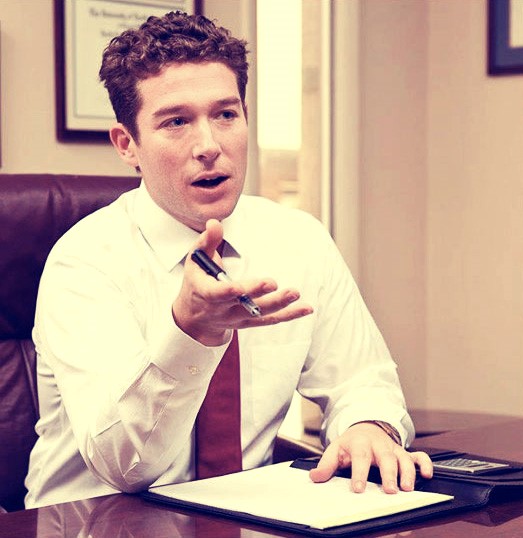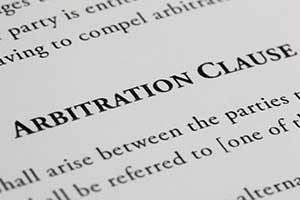On Tuesday, Prince’s sister, Tyka Nelson, filed an emergency motion in Carver County District Court requesting that the Court appoint a special administrator to gather and protect Prince’s assets. She also claimed that, to the best of her knowledge, no will existed. The assets are estimated to be worth $100 – $500 million and are comprised of real estate holdings, including his Paisley Park Complex outside of Minneapolis; his music catalog, including licensing rights for television, film, and commercials; and album sales. It is estimated that in the week after his death, 2.8 million of his songs – and over 650,000 albums – were sold worldwide.
Despite Ms. Nelson’s claim there is no will, that remains an open question. In Minnesota, a person can secretly file a will in probate court prior to death. If Prince did this, the will and any associated trusts or heirs will only be revealed once the death certificate is filed. As of this article’s publishing, the medical examiner has not released a death certificate due to the inconclusive autopsy and pending findings from toxicology tests.
Assuming Prince had no will, what will become of his fortune? If a person dies with a will, the probate court is guided by the will and other documents (trusts, life insurance policies, etc.) in determining how the deceased wanted their assets distributed. However, if a person dies without a will, or “intestate,” their assets are divided according to their home state’s intestacy statutes.
Under Minnesota law, the surviving spouse of an intestate estate inherits all estate property. Although Prince was married twice, he was also twice divorced and not married at the time of his death. In the event that there is no surviving spouse, any children and grandchildren would inherit the estate property. Prince had one son, but he died shortly after birth, leaving no other children. Next in line: the parents. Prince’s mother, Mattie Della Baker, and father, John Nelson, both predeceased him. In Prince’s situation, Minnesota law would dictate the estate assets be divided among the descendants of his parents, or his siblings. This includes not only Tyka Nelson, who shares the same mother and father, but also five other living half-siblings, who are treated the same as full siblings under Minnesota law.
One final twist to Prince’s story: the law provides that the estate pass to the descendants of the dead person’s parents (siblings and half siblings) “by representation.” This means if one of Prince’s siblings died before him, but has living children, they would receive their dead parent’s share on a pro rata basis. A sibling that died before him with no living children would not be allocated a share at all. Prince has two deceased half-siblings: Lorna Nelson and Duane Nelson. Lorna died in 2006 without any children. Duane, who was Prince’s head of security for a time, died in 2011 with one child, Brianna. Curiously, Duane isn’t named in the court documents as a sibling, even though Lorna is. However, upon Duane’s death, Tyka acknowledged via Twitter that he was her brother. Aside from arguments over fairly distributing the assets amongst the six siblings, Prince’s overlooked niece may enter the fray in order to claim her piece of the pie.
Most people aren’t lucky enough to have a multi-million dollar fortune to distribute upon their death, but having a will and other estate planning documents is nonetheless important. If a person wants to prevent a family member from inheriting any assets, to provide for a family member who needs greater care or assistance than the others, or to avoid giving an estranged spouse the sum total of their belongings, they must have a will. Further, if they want any of their money to go to a close, but unrelated friend, or to a favorite charity, then they must have a will specifying their wishes or the friend or charity will receive nothing. These are only a few examples of situations which highlight the importance of having a will. Even in the simplest of cases, it is prudent to have estate planning documents, if only to ensure that one’s family will not have to endure the potentially costly process of litigating who inherits their assets upon death.
Disputes over wills and estates don’t just happen in families of multi-millionaire pop stars. They happen every day to normal people. It is important to consult an attorney experienced in trusts and estates litigation if you suspect that there may be disagreements as to how assets will be distributed.
For more information, go to: Lindley Law Office – Trust and Estate Litigation



